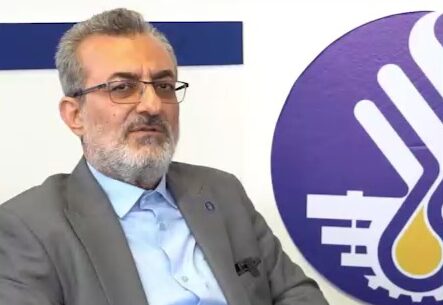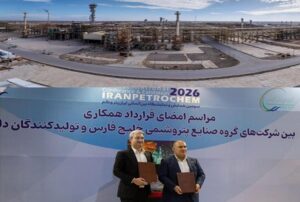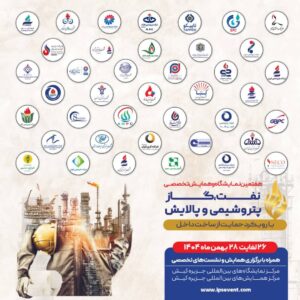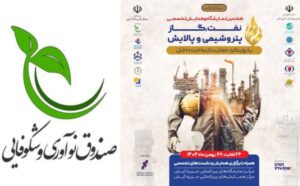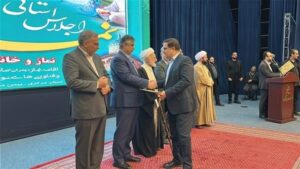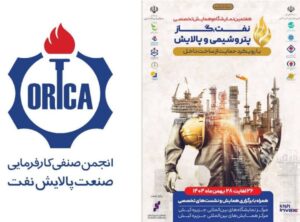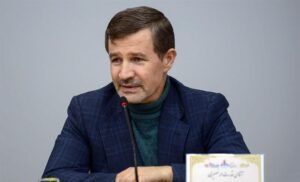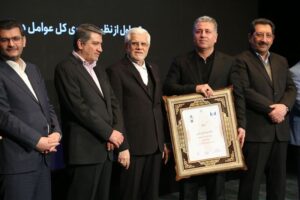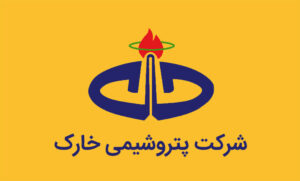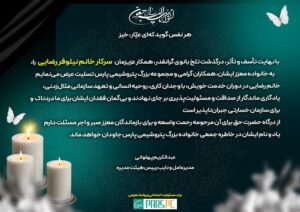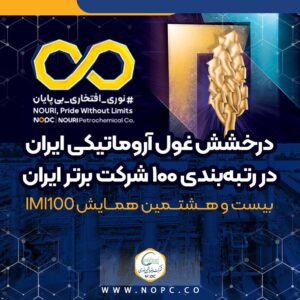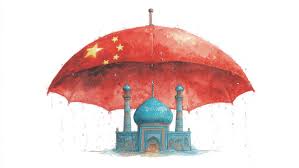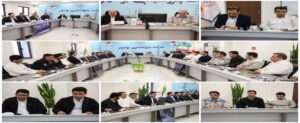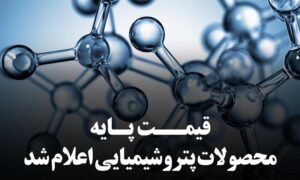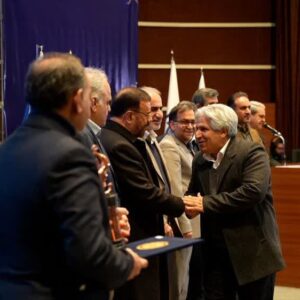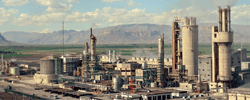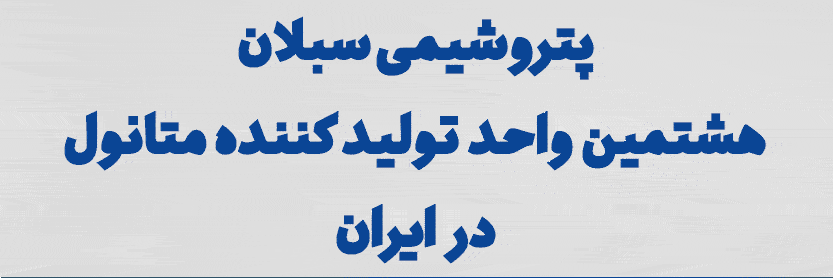Abbas Naseri, the CEO of Petroleum Equipment Industries Company (PEIC), has said the industry has now passed the stage of government support for domestic manufacturers, and now the issue of government facilitation is important.
Naseri made comments regarding the government’s support for domestic production and export of oil industry goods and equipment manufacturing companies. He added that governments should play its role in the field of facilitation and regulation in such a way that private sector companies, especially companies which are active in the fields of oil, gas, refining, and petrochemicals, can have an open hand in issues such as trade and business development.
He further said that government should help knowledge-based companies, especially those that have reached mass industrial production, in exporting and facilitating exports.
He stated that Iran now needs to consider the competitive aspects with countries like China that are engaged in dumping of similar products. He also said the competition is now very tough and reaching the markets must be done in coordination with the government.
He also noted that the entry of EPC and GC companies into the global market will make equipment manufacturing companies connect to new markets. He said due to a series of restrictions imposed by Western countries on developing countries, companies like PEIC are not capable to compete because Western companies have monopolized markets with a series of restrictions. He said it’s hard for Iranian knowledge-based companies like PEIC to expand their scope of activities in the region and in other countries under these circumstances.
He also noted that with regards to currency issues and order registration, a series of facilities should be made in these areas. According to Naseri, instead of increasing the distance between allocations, they should be shortened, and these matters. He said that it has to be attractive to producers because the rate of current facilities really hinders the profit margin of oil equipment manufacturing companies. He also said this has greatly lowered the profit margin. He said the current interest rates serve the interests of banks.
He said in order these economic enterprises to be able to sustain their own production and play a value-creating role in development of the country and fulfill their duties, the obstacles to facilities, banking issues, and currency should be lifted.
Regarding the culture of using internal manufacturing, Naseri said due to the coordination that has been done in the country and the FAT tests which are performed on many equipment, users in the oil industry are now more willing to use Iranian products.
He said an example for this issue is the risk taken by managers over 10,000 wellheads produced in Iran. According to Naseri, if the risk had not been taken, the production of those wellheads would not has happened.
Naseri said until the domestic approval of the products is not issued, their export is not possible. He said there are internal approvals and certificates available and these should be used for Iranian goods to be exported to countries like Iraq and CIS and BRICS countries, especially Russia, which eagerto have relations with Iran. He noted that Iranian certificates need to be accepted if they want Iranian products. That’s because some of those countries are now under sanctions, and they can benefit from the facilities of the equipment manufacturers of Iran’s oil industry in the current situation.
He also expressed PEIC’s readiness to the government officials to work more closely to have a bigger share in international markets. He criticized the current level of petrochemical exports of Iran and said Iran deserves to be amongst the 10 countries that export products of oil equipment industry, and this is possible.

